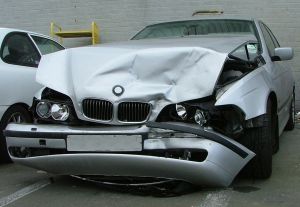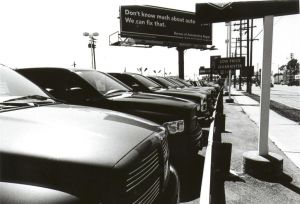 Payments made by health insurance and Medicare must be repaid by the beneficiary of the payments from money recovered in the personal injury case for which the medical care was furnished. (Note: PIP, which is no-fault insurance for medical bills in car accidents, does not have to be reimbursed.) In determing how much is owed, an end date beyond which further payments are not reimbursable must be established.
Payments made by health insurance and Medicare must be repaid by the beneficiary of the payments from money recovered in the personal injury case for which the medical care was furnished. (Note: PIP, which is no-fault insurance for medical bills in car accidents, does not have to be reimbursed.) In determing how much is owed, an end date beyond which further payments are not reimbursable must be established.
The cutoff date varies depending on the entity involved.
HEALTH INSURANCE: The cutoff date depends on whether the policy is subject to ERISA. If it is not, the lien ends at the date of settlement. See Florida’s collateral statute — 768.76. It is fairly well established (although not conclusively — see Coleman v. Blue Cross and Blue Shield of Alabama, Inc. So.3d , 35 FLW D2718 (Fla. 1st. DCA 12-8-2010) for a contrary view) that the collateral source statute does not apply to ERISA plans. Rather, those lien rights are controlled by the subrogation/reimbursement language in the Summary Plan Description (SPD). The SPD should be requested, but in all likelihood its provisions are expansive, allowing for recovery of all charges related to the accident. The plan may even provide that it is not responsible for covering post-settlement accident related care.
Continue reading
 Florida Injury Attorney Blawg
Florida Injury Attorney Blawg



 Winning may not be a victim’s only concern in a personal injury case. Collecting on damages awarded post-victory can be of equal or greater importance.
Winning may not be a victim’s only concern in a personal injury case. Collecting on damages awarded post-victory can be of equal or greater importance. 





